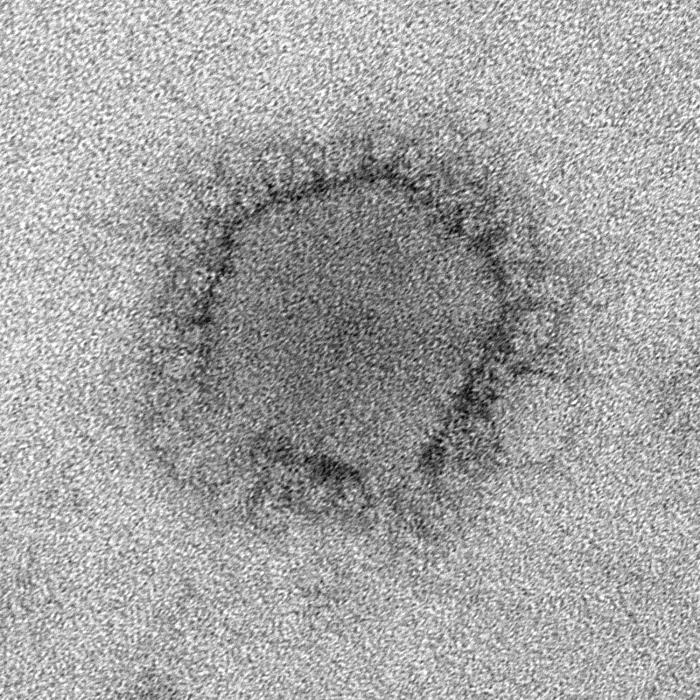1st Case of Deadly MERS Virus Confirmed in US

The first case in the United States of a deadly virus that surfaced in Saudi Arabia in 2012 has been reported in Indiana, officials at the Centers for Disease Control and Prevention announced today (May 2).
The Middle East Respiratory Syndrome Coronavirus, or MERS-CoV, infection was confirmed in a traveler from Saudi Arabia who journeyed from Riyadh to London, England, and then on to Chicago on April 24, according to the CDC. The traveler then boarded a bus from Chicago to Indiana, where the patient is now hospitalized, and in isolation.
"In this interconnected world we live in, we expected MERS-CoV to make its way to the United States," Dr. Tom Frieden, director of the CDC, said in a statement. "We have been preparing since 2012 for this possibility." [7 Devastating Infectious Diseases]
The MERS coronavirus has infected 401 people in 12 countries since it appeared in September 2012, according to the CDC. A recent analysis from the World Health Organization found that MERS has killed 93 people since its emergence.
The deadly virus belongs to the same family as severe acute respiratory syndrome (SARS), which emerged in China in 2002 and infected 8,000 people worldwide in less than a year. MERS causes severe pneumonia, with symptoms similar to SARS, according to the CDC. However, unlike SARS, which tended to affect younger and healthier people, MERS appears to mainly infect people with underlying chronic conditions, researchers have said.
"We've anticipated MERS reaching the U.S., and we've prepared for and are taking swift action," Frieden said. "We're doing everything possible with hospital, local and state health officials to find people who may have had contact with this person so they can be evaluated as appropriate. This case reminds us that we are all connected by the air we breathe, the food we eat and the water we drink. We can break the chain of transmission in this case through focused efforts here and abroad."
On April 27, the traveler from Saudi Arabia began experiencing respiratory symptoms, including shortness of breath, coughing and fever. The patient visited an Indiana hospital the following day, and is currently in stable condition, CDC officials said.
Sign up for the Live Science daily newsletter now
Get the world’s most fascinating discoveries delivered straight to your inbox.
"It is understandable that some may be concerned about this situation, but this first U.S. case of MERS-CoV infection represents a very low risk to the general public," said Dr. Anne Schuchat, assistant surgeon general of the U.S. and director of the CDC's National Center for Immunizations and Respiratory Diseases.
Health officials do not know how the patient became infected with MERS, and do not yet know how many people have come into close contact with the traveler. Experts are also unsure how the virus spreads, and so far, there is no specific treatment or available vaccine.
To protect against respiratory illnesses, the CDC advises Americans to avoid touching their eyes, noses and mouths; wash their hands often; avoid coming into close contact with people who are sick; and disinfect frequently touched surfaces.
At this time, the World Health Organization has not issued travel warnings for any country related to MERS-CoV.
Follow Denise Chow on Twitter @denisechow. Follow Live Science @livescience, Facebook & Google+. Original article on Live Science.

Denise Chow was the assistant managing editor at Live Science before moving to NBC News as a science reporter, where she focuses on general science and climate change. Before joining the Live Science team in 2013, she spent two years as a staff writer for Space.com, writing about rocket launches and covering NASA's final three space shuttle missions. A Canadian transplant, Denise has a bachelor's degree from the University of Toronto, and a master's degree in journalism from New York University.









